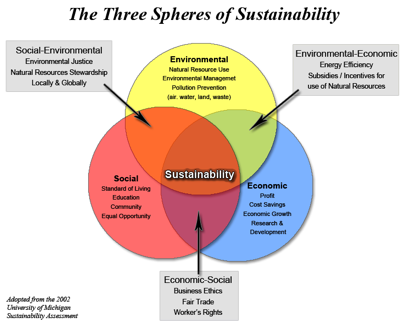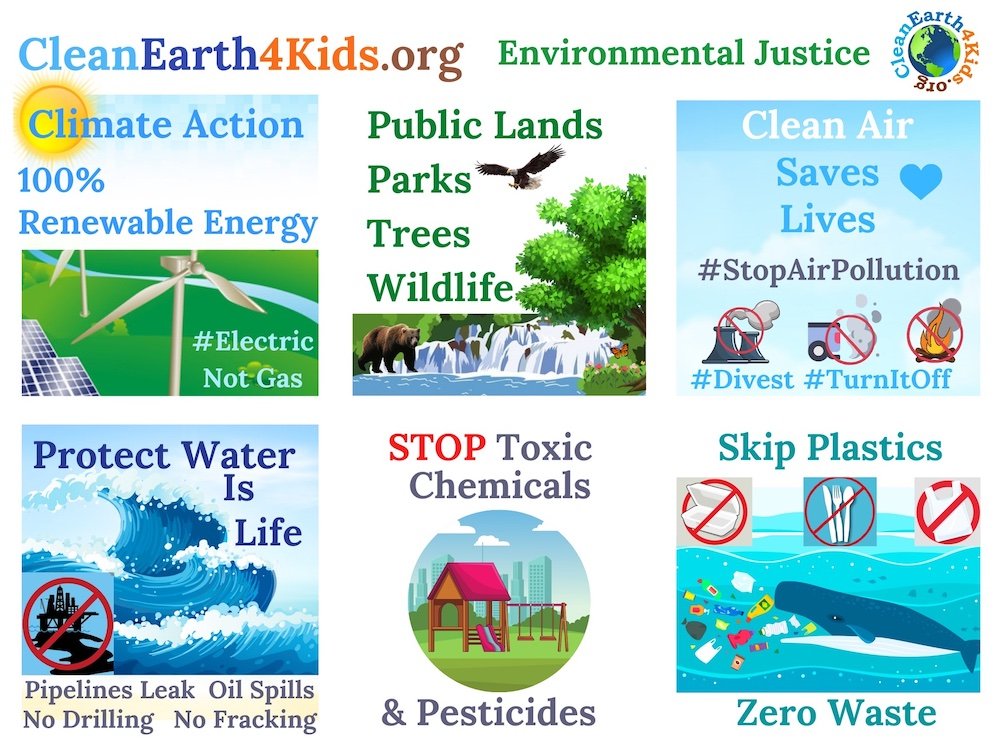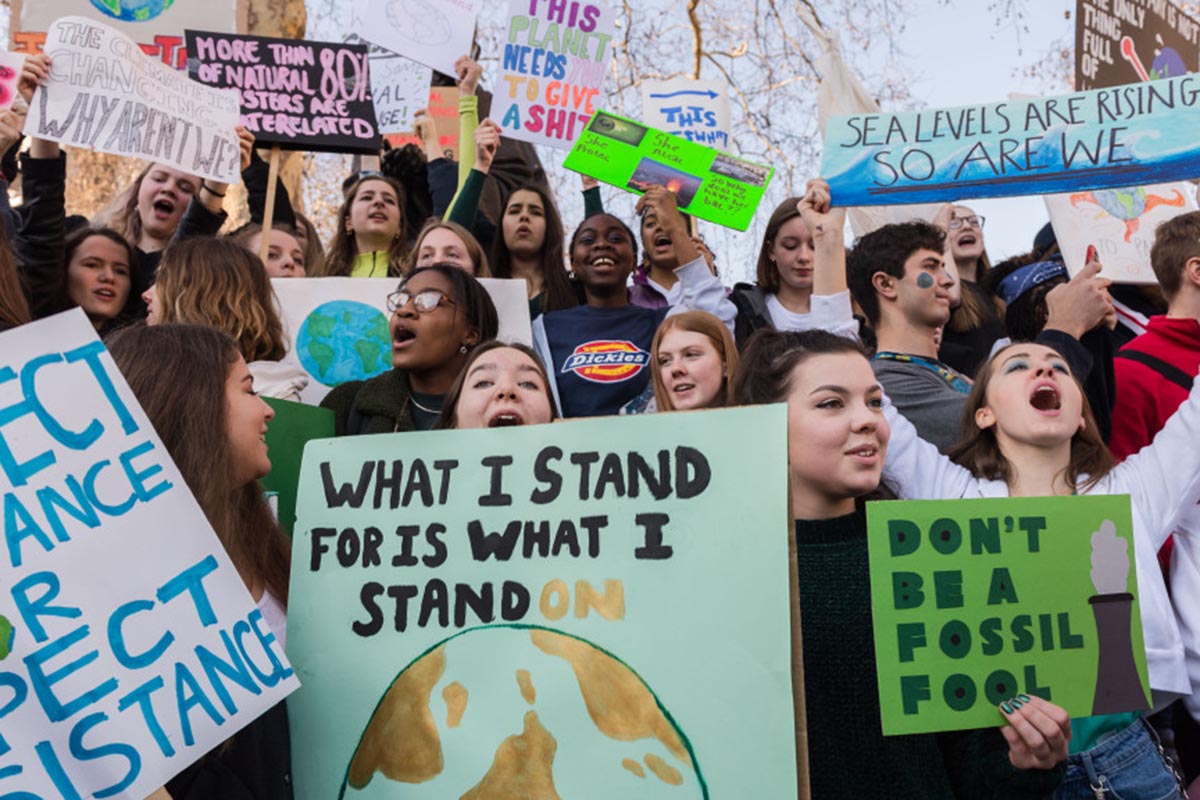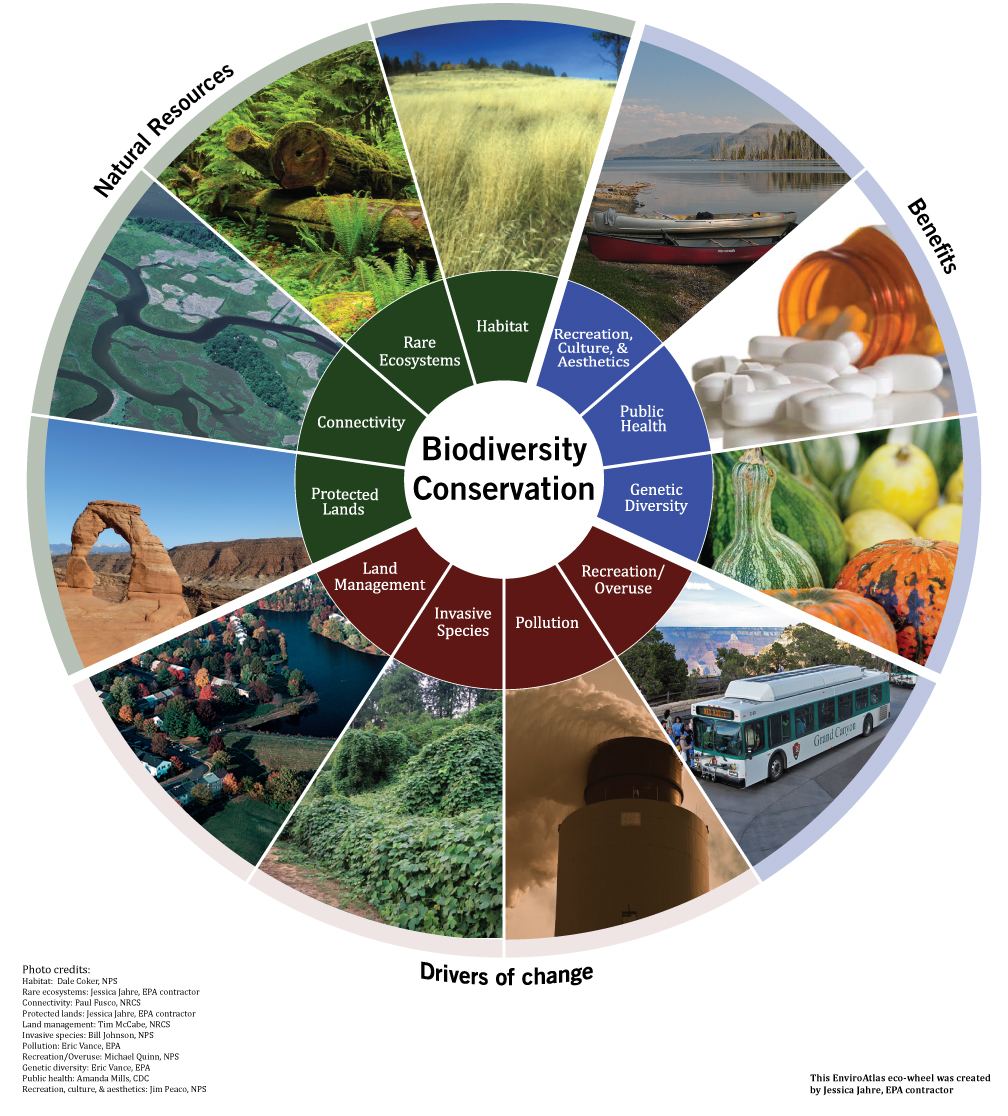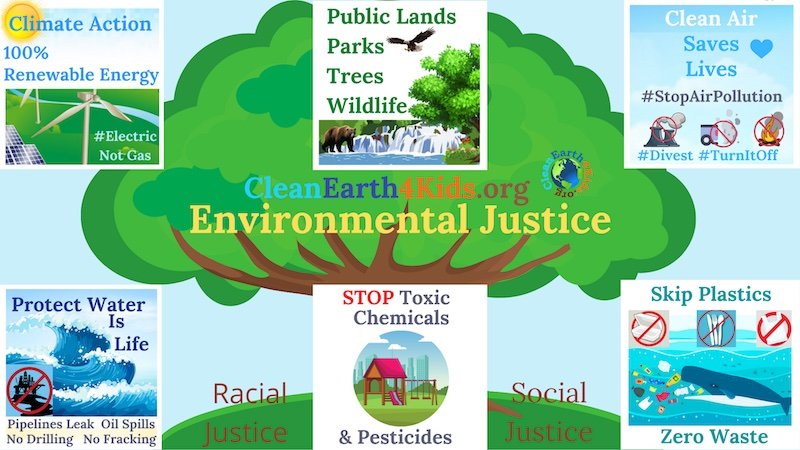Teaching the Next Generation About Environmental Sustainability
In today’s world, raising awareness about environmental sustainability is more important than ever. As the effects of climate change become increasingly evident, it is necessary to educate the next generation about the importance of protecting our planet. By instilling a sense of responsibility and understanding early on, we can empower children to become environmental stewards for the future. In this blog post, we discuss effective strategies and valuable resources for teaching children about environmental sustainability.
1. Incorporate environmental education into the curriculum:
Schools play a pivotal role in shaping young minds. By integrating environmental education into the curriculum, we can ensure that every child receives a comprehensive understanding of sustainability. Lessons on topics such as renewable energy, recycling, and conservation can be infused into different subjects, making learning engaging and impactful.
2. Create hands-on learning experiences:
Children learn best through hands-on experiences. Plan field trips to nature reserves, parks, or botanical gardens, offering children the chance to observe and appreciate the natural environment. Additionally, organize activities like gardening projects or waste management initiatives within the school premises, allowing students to actively participate in sustainability efforts.
3. Promote outdoor activities:
Encourage children to spend time outdoors and connect with nature. Organize outdoor playtime, nature walks, or hiking trips to foster appreciation for the environment. Activities like bird watching or identifying different plant species can enhance their knowledge and understanding of the ecosystem.
4. Use interactive technology:
Utilize technology to make learning about sustainability exciting and interactive. Educational apps, online games, and virtual reality experiences can engage children while conveying important environmental concepts. Websites like National Geographic Kids or NASA’s Climate Kids provide kid-friendly resources to explore various environmental topics.
5. Encourage eco-friendly habits:
Teach children about eco-friendly habits that they can incorporate into their daily lives. Emphasize the importance of reducing, reusing, and recycling, and explain how these actions contribute to preserving natural resources. Encourage them to turn off lights when not in use, use water sparingly, and opt for sustainable products.
6. Introduce them to influential environmental figures:
Introduce children to influential environmentalists who have made a significant impact on sustainability. Share stories of individuals like Jane Goodall, Wangari Maathai, or Greta Thunberg, who have worked towards protecting the environment. Learning about these role models can inspire children to take action and make a difference.
7. Teach about climate change and its implications:
Climate change is a pressing issue that future generations will face. Educate children about the causes, effects, and solutions of climate change in an age-appropriate manner. Discuss the importance of renewable energy sources, the impact of greenhouse gases, and the need to reduce carbon footprints.
8. Foster a sense of personal responsibility:
Empower children to take ownership of their actions and understand how individual choices can impact the environment. Encourage them to participate in community clean-up initiatives or initiate environmental projects. By fostering a sense of personal responsibility, children can develop a lifelong commitment to environmental sustainability.
Conclusion:
Teaching the next generation about environmental sustainability is essential for creating a better future. By incorporating these strategies and utilizing valuable resources, we can impart knowledge and values that will inspire children to become environmental stewards. Let’s work together to equip the younger generation with the tools they need to protect and preserve our precious planet.







